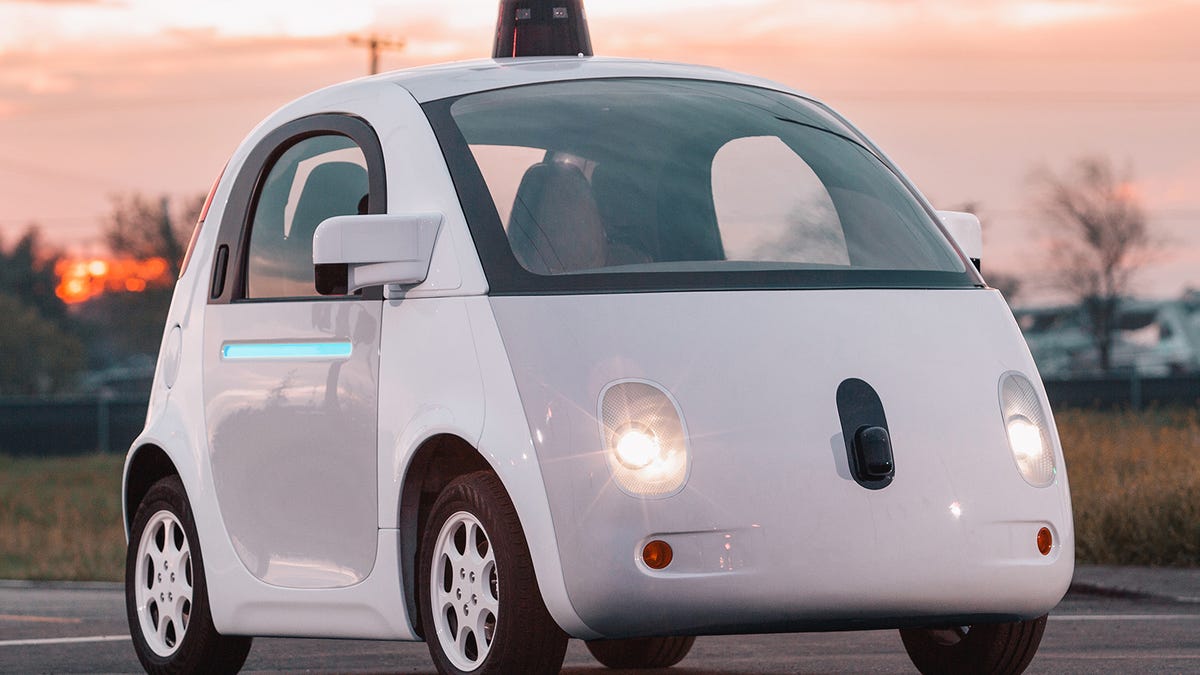We're here to help: Feds want to accelerate autonomous-car development
From working to develop a solid national policy to allowing firms to file for rule exemptions, the government is ready to get behind the future of transportation.

As an example of an exemption request, Google could petition to test cars that lack certain required safety mechanisms. The exemption would last two years.
Onstage today at the North American International Auto Show (NAIAS) in Detroit, US Transportation Secretary Anthony Foxx unveiled a number of ways in which the federal government wants to help speed the development and deployment of self-driving cars.
The push has kicked off with a proposal for a 10-year, $4 billion investment as part of President Barack Obama's fiscal year 2017 budget plan. The goal here is the same that automakers have been talking about for some time: the complete elimination of traffic fatalities. Proponents of self-driving cars say removing human error from the equation would go a long way in making that possible.
However, before that happens, the government needs to get its act straight. The Department of Transportation has committed to using 2016 to both create a national policy on autonomous vehicles and help develop policies at the state level. As of now, autonomous-vehicle regulations are largely dealt with by the states, and only a small handful of states are allowing self-driving cars to mingle with the public.
There will also be some rule bending. The DOT will encourage manufacturers to submit both rule interpretations and exemption requests if they feel the current regulations hamper innovation. An exemption would let companies test new technology on a fleet of up to 2,500 cars for up to two years.
An example of a successful rule-interpretation request involves BMW and its self-parking feature. Now, thanks to approval from NHTSA, BMW will let 7 Series owners park their cars from outside the vehicle, using just the key fob.
We're currently in a bit of a Wild West situation regarding autonomous vehicles. Though the technology is advancing rapidly, government often doesn't, so it's good to see the DOT getting ahead of the curve -- or, at the least, getting to the curve before manufacturers are already miles down the road.

